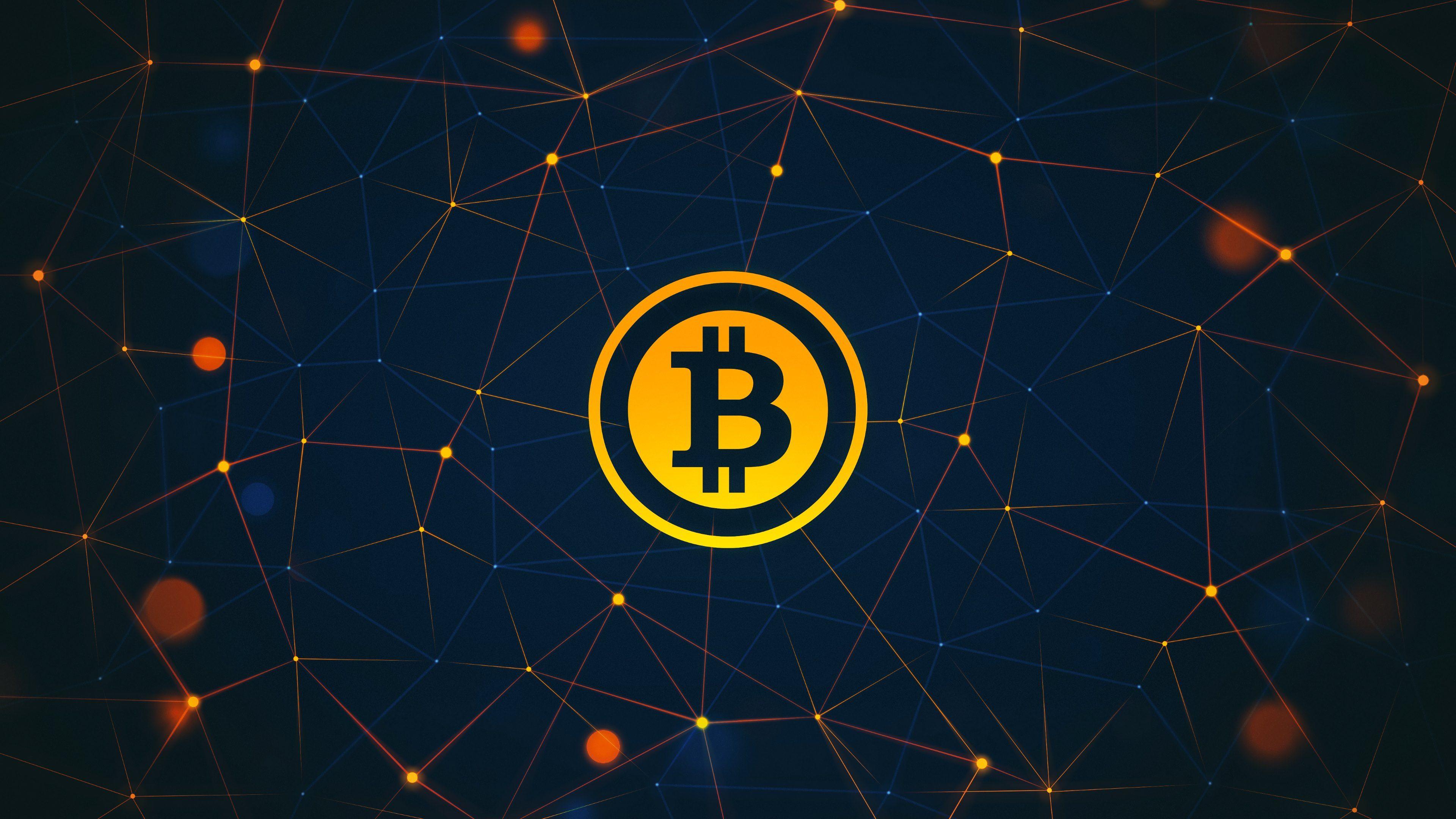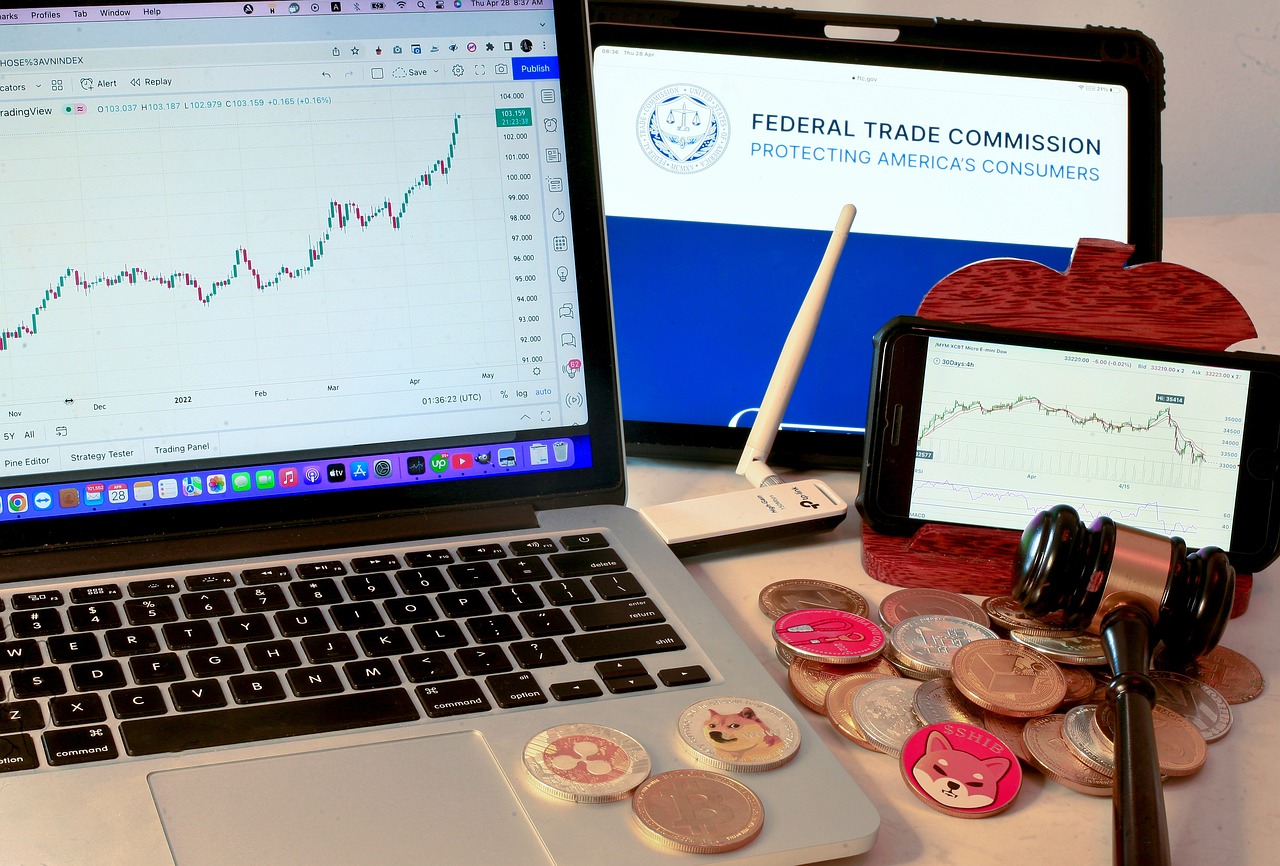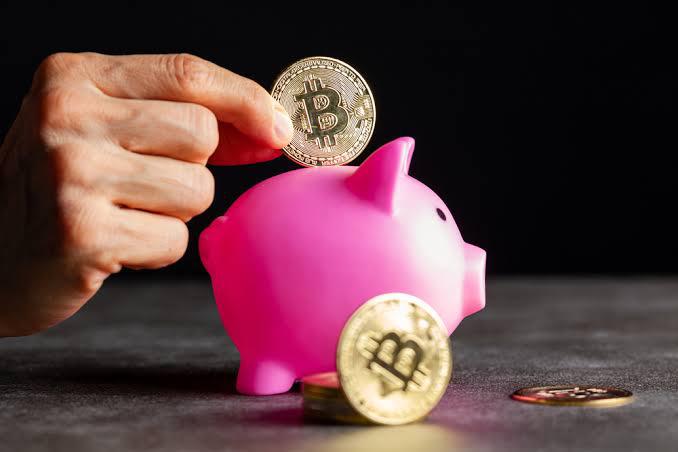The Nigerian government plans to remove the naira from all peer-to-peer (P2P) trading platforms. This decision is all part of a grand plan to stop all the hilarious business happening with the naira's worth in the foreign exchange market. Dem don dey look for ways to clampdown on cryptocurrency transactions since the beginning of this year. Emomotimi Agama, the Director General of the Nigerian Securities and Exchange Commission (SEC), couldn't help but spill the beans about the move during a meeting with blockchain and digital currency stakeholders. Let's examine why the government took that step and its likely implications on the value of the naira.
Rationale
The decision to remove the naira from P2P systems was based on worries that bitcoin trading may weaken the currency. It turns out that the Nigerian authorities have noticed something quite interesting. Dem notice say na this whole P2P crypto trading thing dey cause some serious ups and downs in the value of the naira. And you know what's even more interesting? The lack of strict regulations seems to be making things even more chaotic. Adding to the chaos is the insane number of transactions on platforms like Binance. This observation na before government ban Binance. The platform used to handle a ton of trading in naira, but not anymore.
Political and Regulatory Changes
With Agama at the helm, the SEC is getting a makeover for its guidelines to ensure the crypto market is on its best behavior. As if the naira hasn't had enough fun already, it’s about to be kicked off the P2P platforms. Since them don try every other means in the past to stabilize the naira and economy.
The authorities are really getting serious about those trading platforms and users. For example, the government try every means to make sure say Binance comot from Nigeria by banning its operations in March. Law enforcement agencies arrest some of the leaders before one of them kon escape from cell. The Central Bank of Nigeria (CBN) and other financial institutions even try freeze some people accounts wey still dey engage in crypto transactions.
In addition, fintech companies such as Moniepoint, OPay and Kuda Bank have been given the not-so-friendly reminder to shut down accounts dabbling in crypto transactions and promptly snitch on these activities to the authorities. However, analysts forecast that this action could intensify the strain on the naira, as traders may redirect their attention toward more secure currencies for their transactions.
Many traders within the blockchain community have voiced concerns over the possible adverse effects on Nigeria's fast growing digital economy. Their believe na say the strict laws go hinder innovation and discourage investment in the industry.
Implication
The brilliant minds in the Federal Government of Nigeria have devised a genius plan to delist the naira from P2P platforms. Because, you know, that will solve the whole devaluation problem. Unfortunately, this move na just a little blip in the market. People go always find sneaky ways to trade those cryptocurrencies, no matter what.
The ban on Binance didn't stop Nigerians from trading cryptocurrencies. They just hopped on over to renowned platforms like Cordial Exchange like it was no big deal. Since traders may still experience the thrill of trading cryptocurrencies on their preferred platforms, the new restriction will only have a modest impact on the cryptocurrency industry.
Conclusion
The foreign exchange market acts as an untamed creature, wreaking havoc on the poor naira. It's running wild without any effective regulation or control. That's the main reason why the naira keeps getting devalued. Although Cordial Exchange✅ is a peer-to-peer (P2P) platform, that one no mean say cryptocurrency trading go go into extinction. You can still buy, sell, and trade all sorts of digital assets. We're talking about everything from Bitcoin to gift cards to other digital assets. So go ahead and dive into the digital world of trading! 🌎💯💯
The tragedy of the naira devaluation has compelled the Nigerian government to take stringent measures against cryptocurrency, including removing the naira from peer-to-peer platforms.







